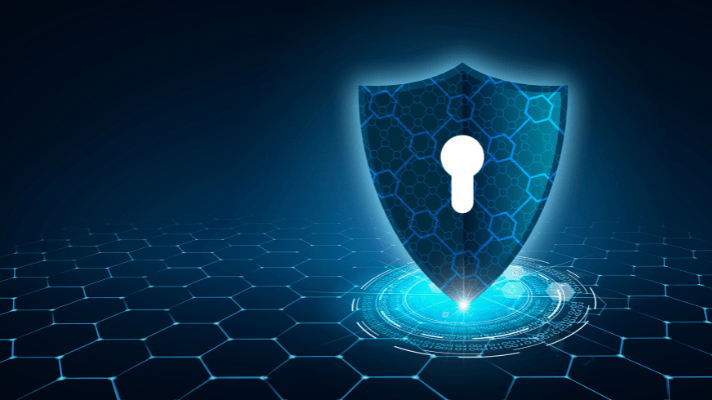The Future of Cybersecurity: Why Humans Are Key in the Battle Against Cyber Threats
In our fast-paced world of technology, AI, and complex algorithms, you might think that cybersecurity is all about machines. But when you take a closer look, you’ll find a different story—one where people play a crucial role in shaping the future of cybersecurity.
As cyber threats continue to evolve in complexity and scale, it becomes increasingly clear that a purely automated approach is insufficient. The human touch, with its intuition, creativity, and adaptability, is becoming a crucial component in the ongoing battle against cyber adversaries.
The Rise of Human-Centric Cybersecurity
In the future of cybersecurity, humans will be at the forefront, working in tandem with advanced technologies to anticipate, identify, and mitigate cyber threats. Organizations are recognizing the importance of empowering their human workforce with the knowledge and skills needed to become active participants in the cybersecurity landscape.
Cybersecurity Awareness and Education
Education becomes a cornerstone in the human-centric approach to cybersecurity. Empowering individuals with cybersecurity awareness and best practices is essential. Training programs that educate employees and individuals about potential threats, safe online behavior, and the importance of strong passwords contribute significantly to building a human firewall against cyber attacks.
Human-Driven Threat Intelligence
Humans are adept at understanding the nuances of social engineering and phishing attacks. In the future, cybersecurity will harness the power of human-driven threat intelligence. Human analysts will play a crucial role in interpreting and contextualizing threat data, providing insights that machines alone may struggle to discern.
Ethical Hacking and Red Team Exercises
Ethical hacking, or penetration testing, is a prime example of the human touch in cybersecurity. Skilled ethical hackers, often referred to as “white hat” hackers, use their creativity and intuition to identify vulnerabilities in systems before malicious actors can exploit them. Red team exercises, where simulated cyber-attacks are conducted to assess an organization’s defences, also rely heavily on human expertise.
Emotional Intelligence in Cyber Defense
Humans possess emotional intelligence—an invaluable asset in cybersecurity. The ability to understand the motivations and intentions behind cyber threats, coupled with the intuition to detect anomalies in behavior, provides a unique advantage. This emotional intelligence can guide decision-making and response strategies, making cybersecurity more adaptive and responsive.
Collaboration and Communication
Human collaboration remains a linchpin in cybersecurity defense. Effective communication among cybersecurity teams, across departments, and between organizations is critical. Sharing threat intelligence, best practices, and lessons learned fosters a collective defense against cyber threats.
Human-Centric Design in Cybersecurity Tools
The design of cybersecurity tools will become more human-centric, focusing on usability and accessibility. User-friendly interfaces, clear communication of security alerts, and tools that empower individuals to make informed decisions contribute to a more human-centric cybersecurity environment.
The future of cybersecurity is not a battle between humans and machines but a collaboration. Humans bring intuition and adaptability, while machines offer speed and precision. Together, they create a strong alliance that can tackle the ever-changing world of cyber threats. As we move forward in the digital era, the human touch becomes essential for building resilience against cyber challenges.



